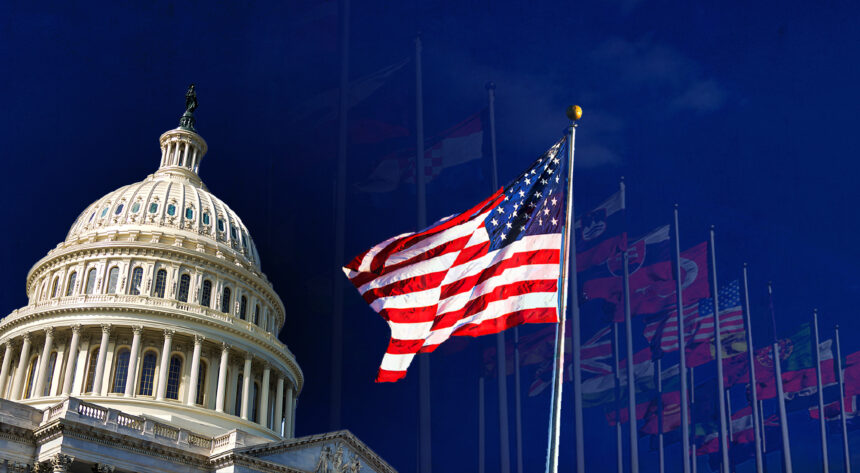A United States (U.S.) contract cancellations move has ended 401 contracts valued at $2.1 billion, affecting programs in four African nations: Kenya, Uganda, Namibia, and Tanzania.
This was revealed by the U.S. government, through the Department of Government Efficiency (DOGE) led by Elon Musk.
According to the DOGE, the U.S. contract cancellations initiative is a move aimed at curbing what is deemed “wasteful spending.”
In a press statement posted on the official X (formerly Twitter) handle of the DOGE, it was also gathered that U.S. contract cancellations are part of a broader effort to streamline federal spending and align projects with national priorities.
According to the statement, the initiative is expected to help the U.S. government save $613 million.
Part of the agreements affected by the U.S. contract cancellations are a $276,000 U.S. Treasury contract for a Kenya program coordinator and a $228,000 Treasury contract for cruiser vehicles intended for Kenya, Uganda, Namibia, and Tanzania.
Other cancellations include a $5.9 million Department of Commerce contract for environmental consulting services, a $24,000 Department of Homeland Security contract for equal opportunity training, and a $15,000 contract for workplace advocacy.
These terminations mean that the associated projects, roles, and purchases will not proceed, potentially disrupting ongoing initiatives in the affected countries.
The decision follows a pattern of recent U.S. aid and contract cuts, including the termination of $51 million in United States African Development Foundation (USADF) grants across several African nations on April 8, 2025, which impacted a project in Kenya.
Since President Donald Trump’s administration came into power, there have been significant cuts in U.S. foreign aid, particularly affecting struggling African nations and other vulnerable regions around the world.
Major aid agencies like USAID have come under increased scrutiny, while the U.S. government has withdrawn or scaled back contributions to key humanitarian organizations.
This shift sparked widespread concern, as the United States had long been the world’s largest single donor to global aid efforts.
Critical areas such as healthcare, climate change mitigation, and hunger relief have borne the brunt of these funding reductions, resulting in diminished support for vulnerable populations and a reported rise in preventable casualties.
The Trump administration defended the move under the “America First” policy, arguing that the U.S. must reduce what it called “wasteful spending” abroad to prioritize the welfare of American citizens and the national economy.





